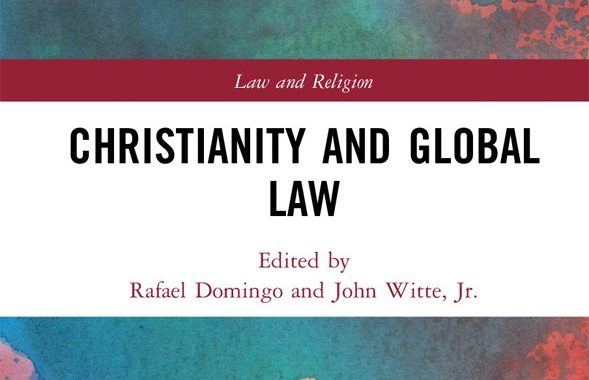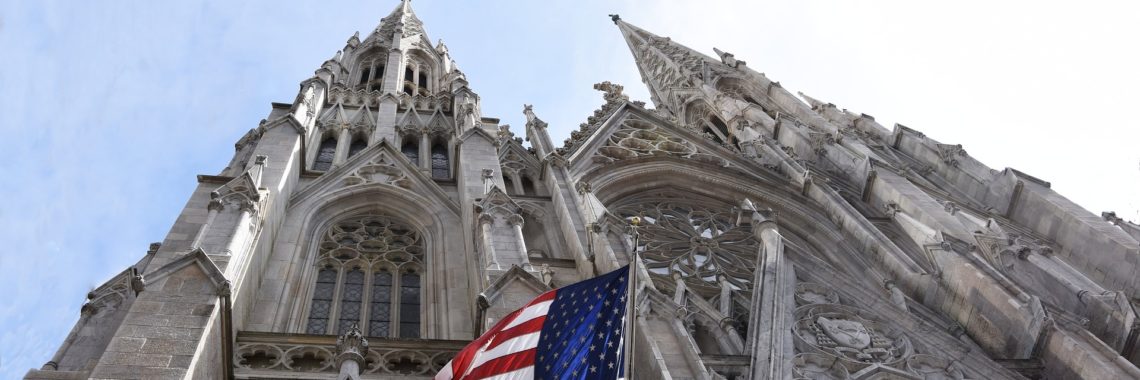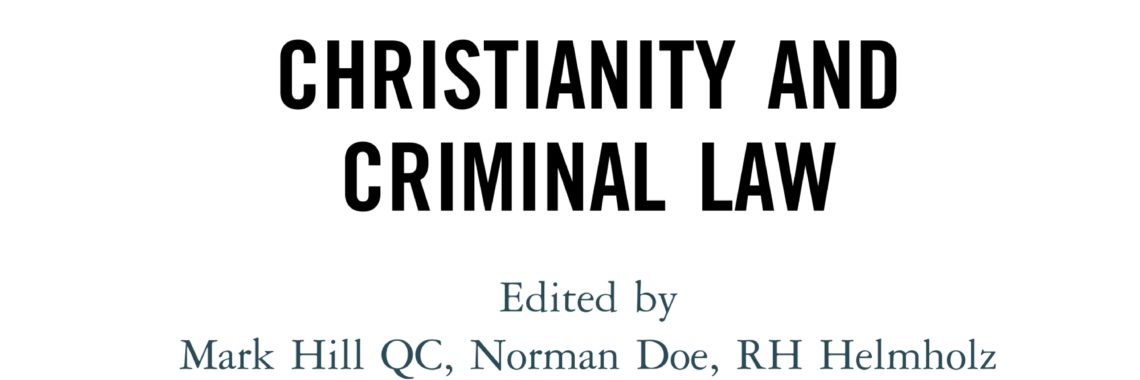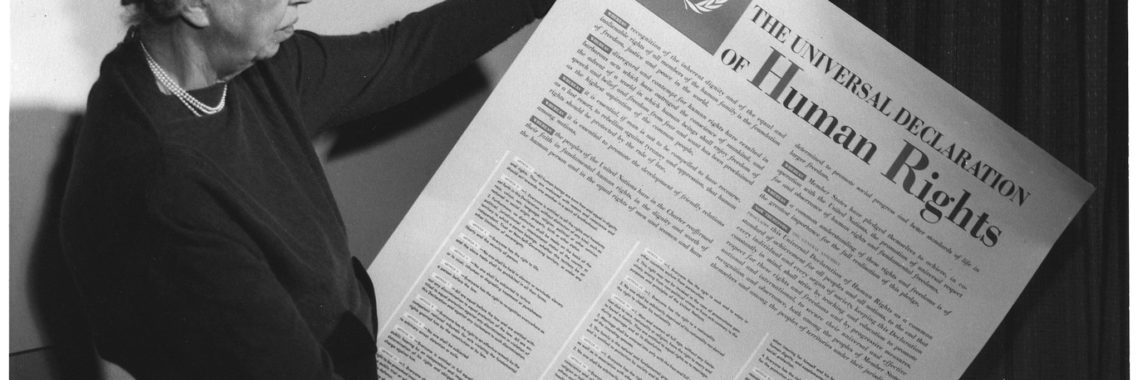“Polygamy in a Time of Pandemic: Hard Times Ahead” by Nurul Huda Mohd. Razif
Mount Kinabalu, Malaysia / photo by CEphoto, Uwe Aranas / CC-BY-SA-3.0 This article is part of our “Reflecting on COVID-19” series.If you’d like to check out other articles in this series, click here. As we transition into the month of June, Malaysia enters the twelfth week of its government-enforced Movement Control Order (MCO), which put its population…











